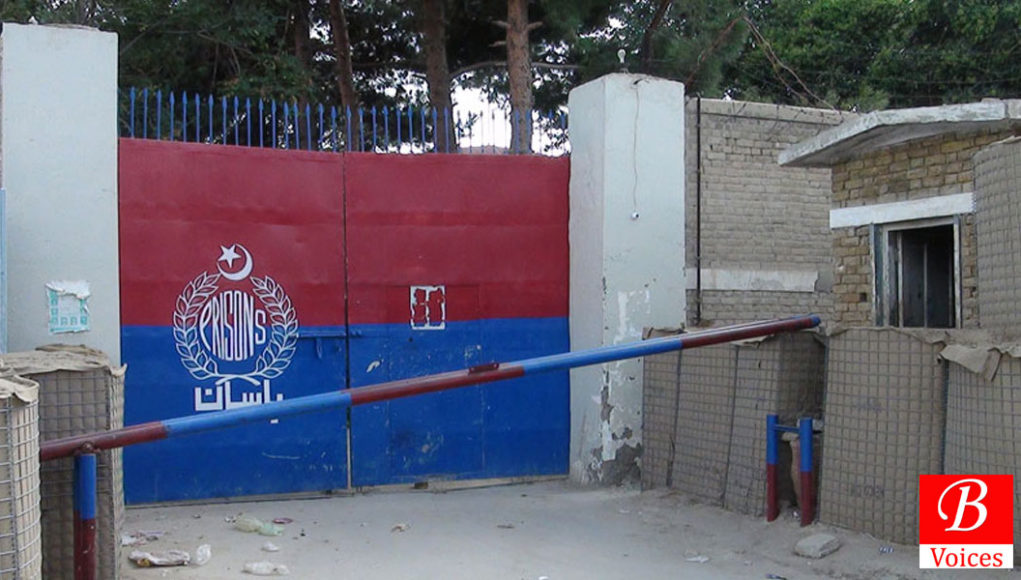Shumaila Umer Baloch
Balochistan is the most underprivileged province in Pakistan. A major portion of the population living in the rural areas wears out their lives in destitution. There is a total lack of basic amenities of life, such as roads, education and healthcare. Female literacy in rural Balochistan is hovering around 2 per cent as compared to 26 percent in the province as a whole. The region lags in all indicators of social and human development. Opportunities for the male population to earn a decent and productive livelihood are few. This dearth of opportunities compels many a young man to choose a life of crime.
Read also: CII Turning a Blind Eye To Domestic Violence?
It is an undeniable fact of life that the rate of crime is increasing in Pakistan. This is especially so in Balochistan. Recent years have witnessed an increase in petty and violent crime such as theft and murder. Many sociologists and psychologists believe that children from dysfunctional and impecunious families are at a high risk of getting involved in and committing crime. Children who lack proper upbringing and home care under parental guidance in an affectionate atmosphere develop behavioral disturbances. Such children are vulnerable to exploitation by anti-social adults. The rising cost of providing for the burgeoning population compounded by the misplaced system of national priorities has brought the society almost to its knees. The government seems to be incapable of providing the citizens their basic right of living a decent life.
Women have no separate jails of their own in Balochistan and they are lodged in a section of men’s prison along with their children
There are 11 jails in Balochistan. Of these, four are the larger “Central” and seven are the relatively smaller “district” jails. Women have no separate jails of their own and they are lodged in a section of men’s prison along with their children.The prisoners, especially the mentally sick, unsocial, poor and idle young in the juvenile section are subject to immense negative pressures.
Due to lack of adequate infrastructure in these prisons, the young offenders are housed in the same building as hardened criminals. The level of interaction between the different age groups is high. This leads to the youngsters learning criminal skills from the professional criminals. The detainees are degraded and their sense of self-esteem is robbed. Research has shown that 68 per cent of convicts who have served time in a jail return within three years of release. Our prisons appear to be adept at destroying the lives of convicts but fail in rehabilitating them.
Now is not a good time for someone to be lodged in a prison.
My last office job, as a parole officer in Balochistan, brought me in contact with the inmates. I had always wondered whether the prison would only punish the convicts or would it try to restore them to respectability. I feel our prisons are designed and managed with the intention of punishing the prisoners rather than enabling them to be rehabilitated in society.
However, part of the problem is limited resources, Prisons in Balochistan are overcrowded, than the actual number of facilities available for intimates, which is one of the key contributing factors to poor prison conditions. Additionally its a serious challenge to administration to manage prisons effectively. Furthermore, Many inmates have serious mental illnesses. There simply aren’t enough mental health professionals in all prisons of Balochistan. We might roll our eyes at some ideas for better performance of prisons as rehabilitating institutes,rather being the cage of brutes.
Research has shown that 68 per cent of convicts who have served time in a jail return within three years of release
Prisons should be set up only to detain violent convicts or those whose release to the society will expose them to harm. The system must have in-house access to skilled psychologists who can make a decent effort to council the detainees and restore them to a state where the offender can take his position as a law-abiding productive member of the society.
The prisoners should be put through vocational training programs to help them earn a livelihood. They should be taught religious, educational and social values. Additionally, they must be weaned from drugs, alcohol and other addictions. By giving them proper food, clothing and other care, their sense of self-respect should be restored. The prison staff too needs to be trained in the skills of handling the emotionally sick. Special attention should be paid to the children who accompany their incarcerated mothers.
Ultimately, Expanding probation and parole eligibility are an instant change that could be made with effective results in terms of reduced spending and lower prison populations.
Writer is a Student of PhD in University Utara, Malaysia.
Share your comments!








